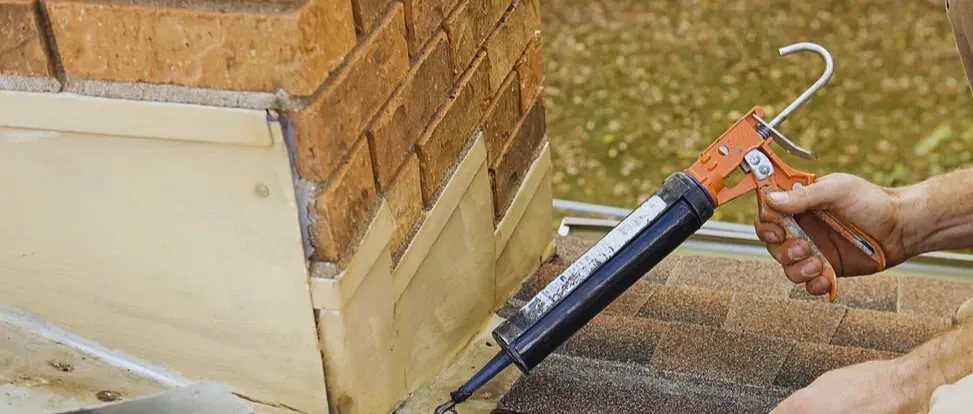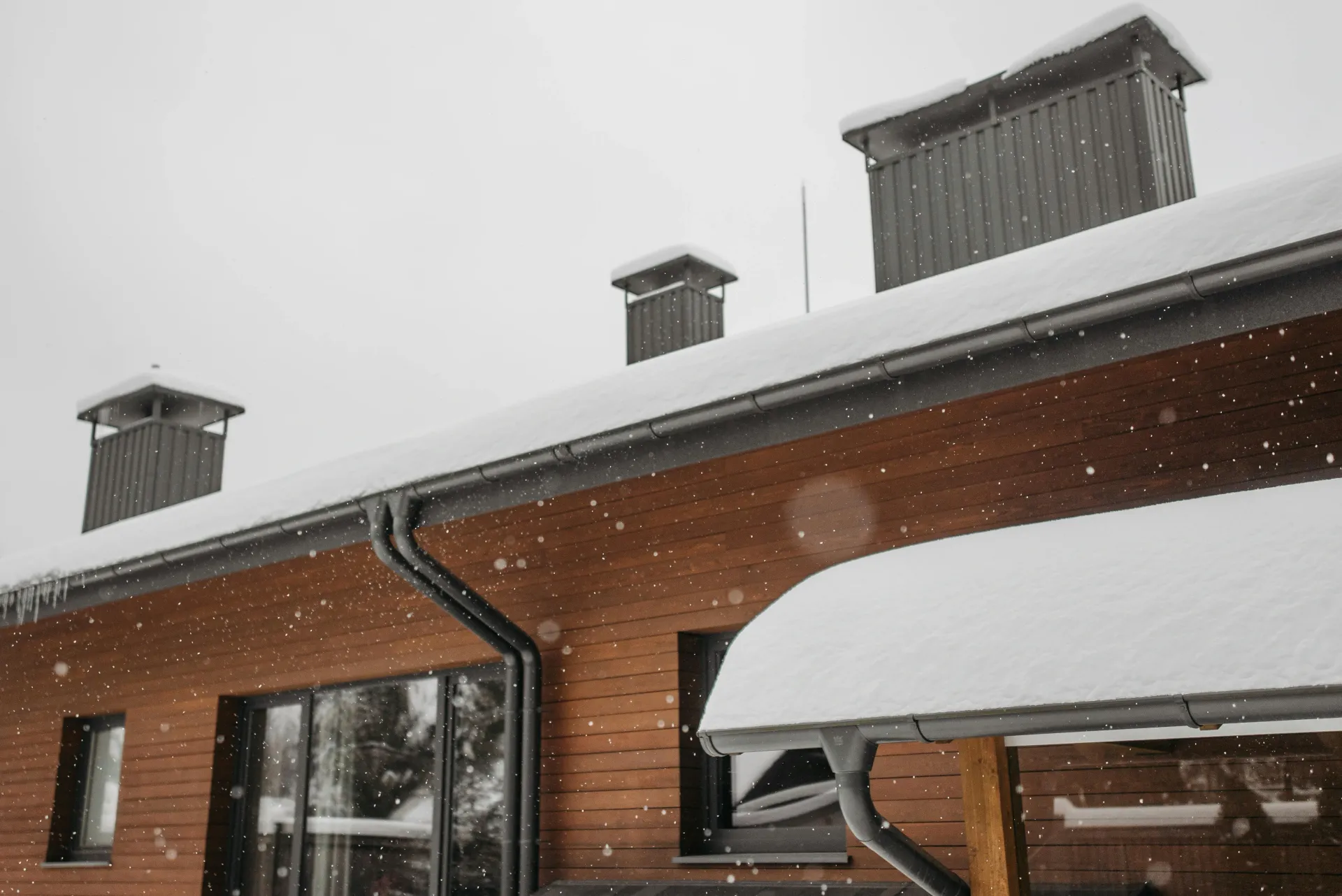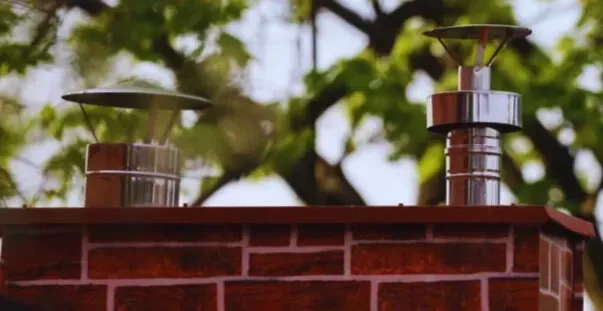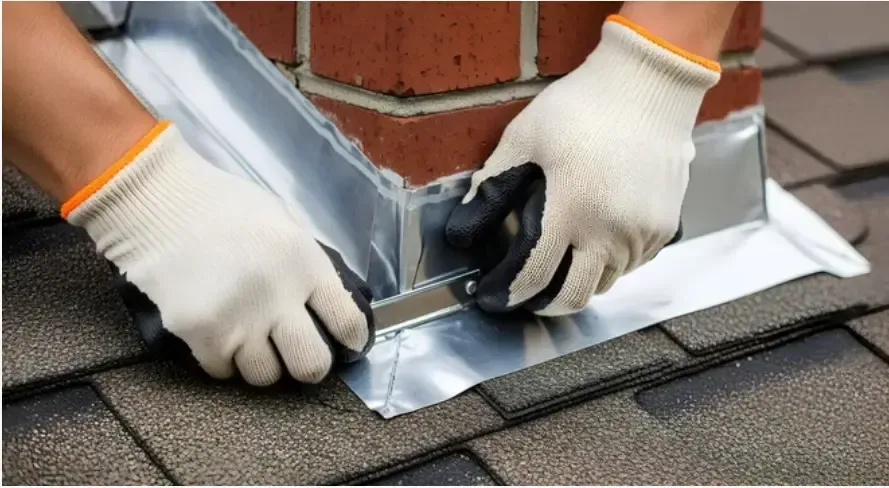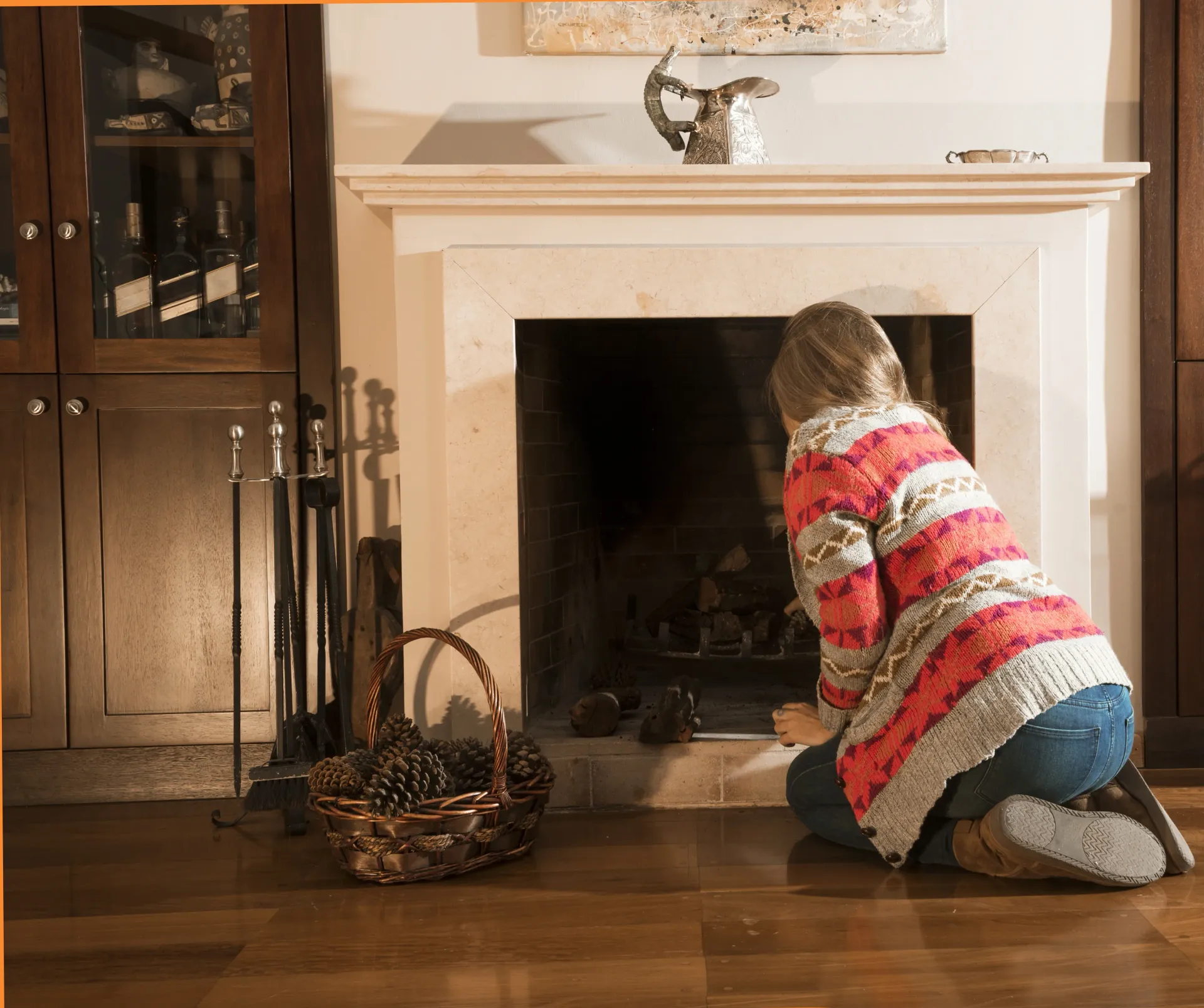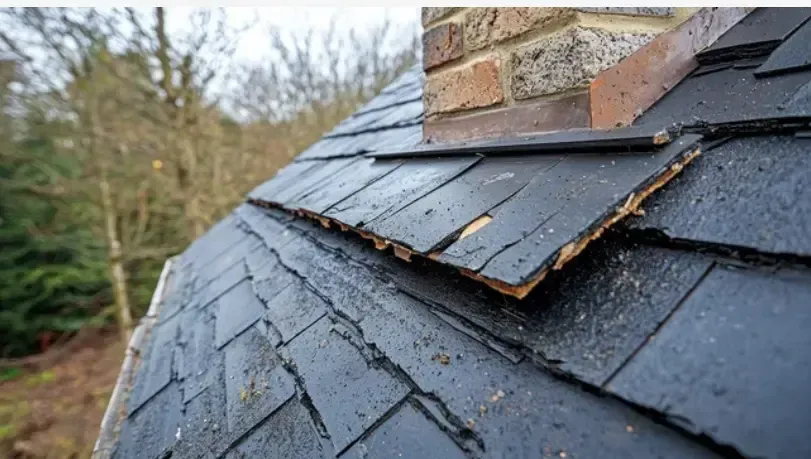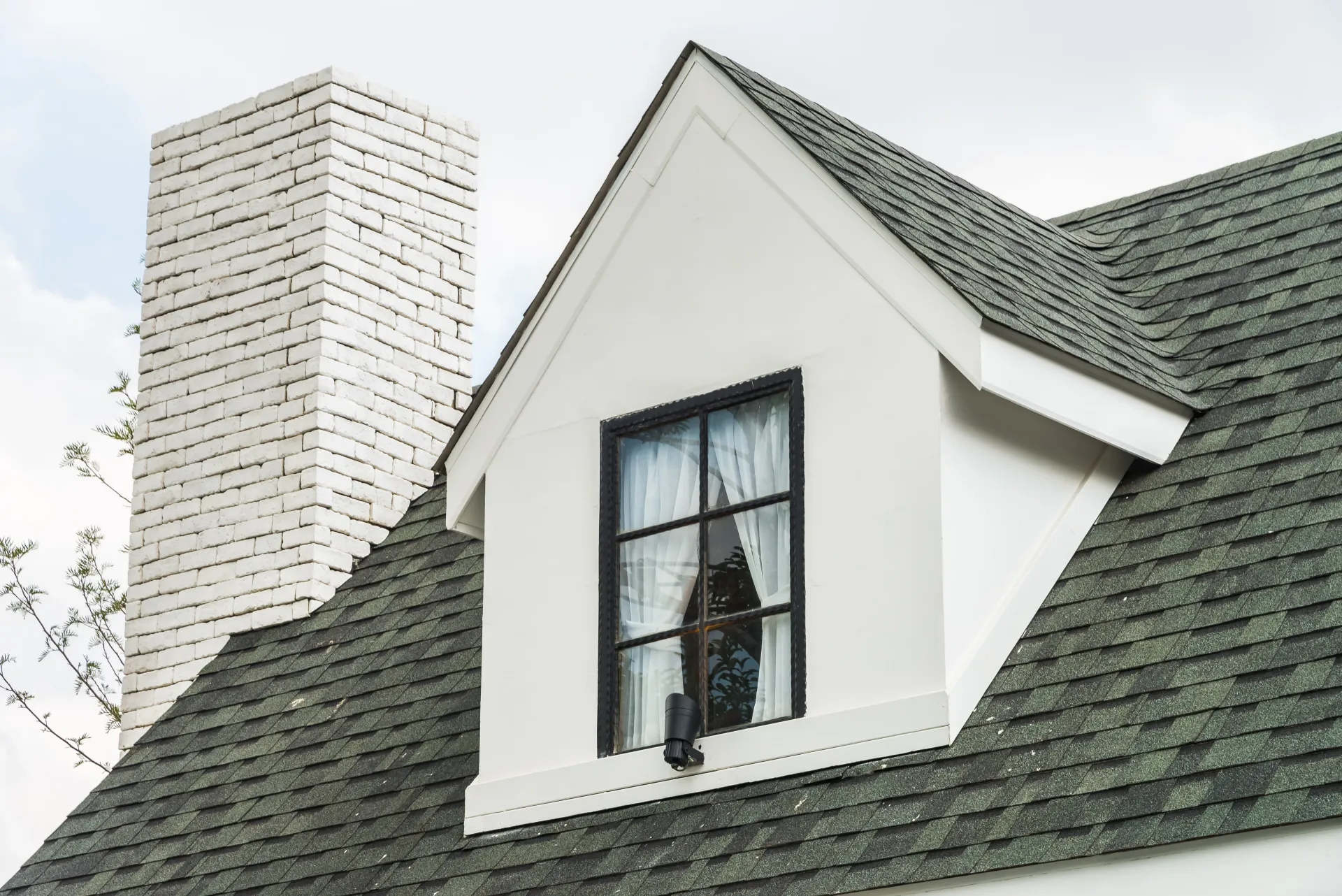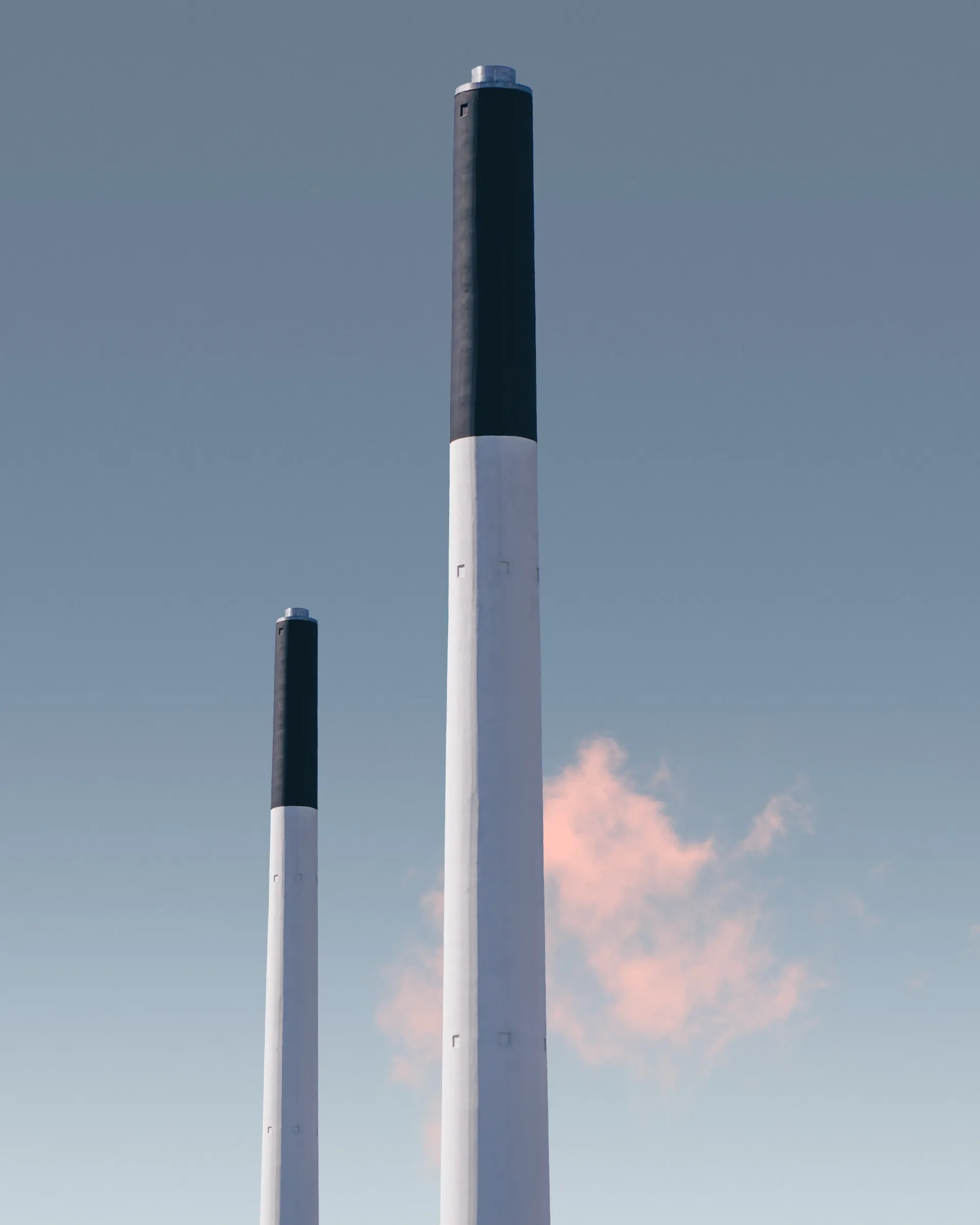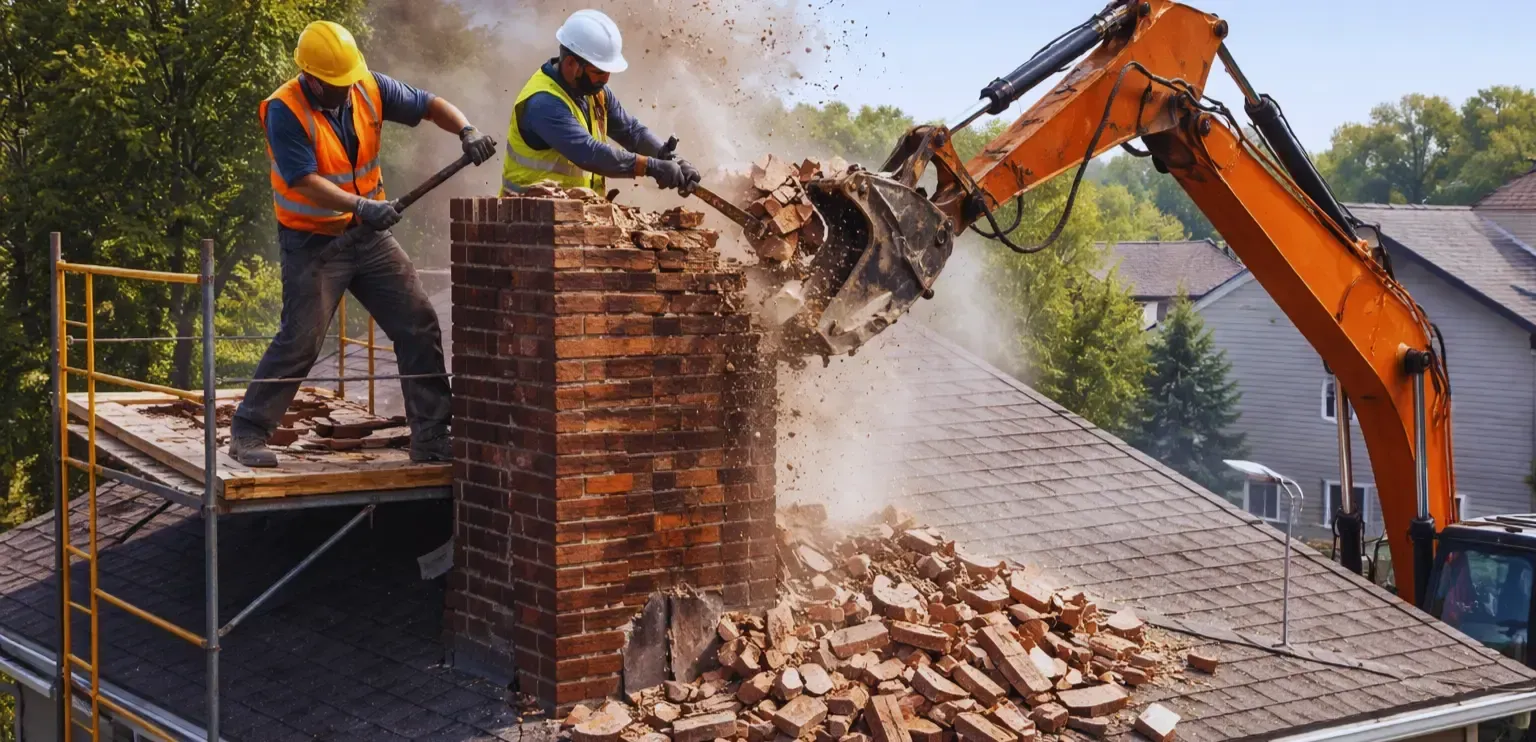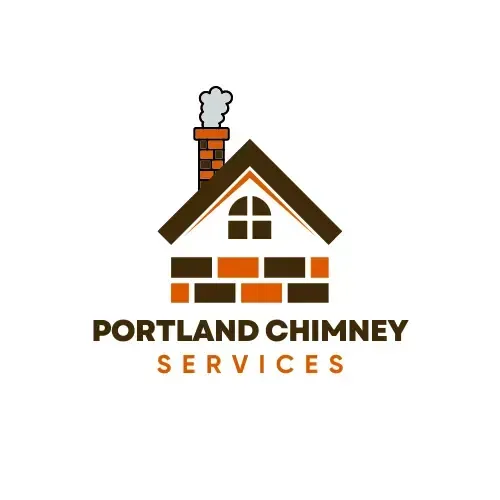When the temperatures start to drop in Portland, ME, most homeowners shift their focus to heating systems, insulation, and snow shovels. However, there’s one feature that often goes overlooked until it becomes a problem — the chimney. Taking time to prepare and protect your chimney for winter isn’t just a recommendation; it’s a necessity to keep your family safe and your home efficient during Maine’s famously brutal winters.
From rain to snow, ice to wind, the climate in Portland can be harsh. And your chimney — always exposed to the elements — is a frontline defense in your heating strategy. If neglected, it can pose serious fire hazards, lead to heat inefficiencies, and cost you thousands in emergency repairs. So, before the first snowflake falls, let's talk about how to prep your chimney like a seasoned Mainer.
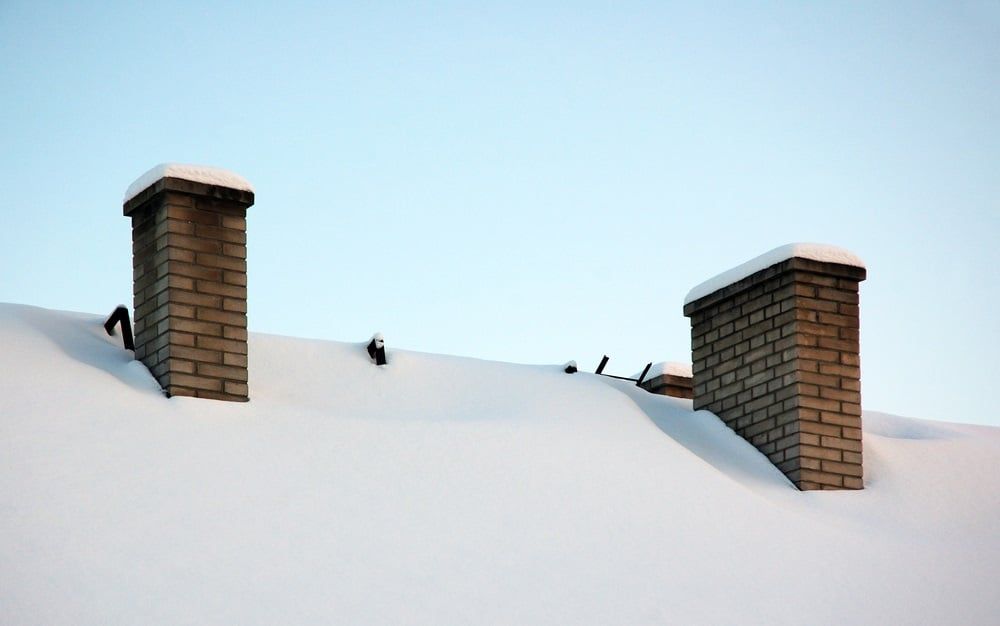
Understanding Your Chimney System
Chimneys may appear simple from the outside, but they’re intricate systems that serve multiple purposes. At their core, they allow combustion gases to escape your home safely. Beyond that, they regulate airflow, preserve heat efficiency, and protect your home from smoke, carbon monoxide, and stray embers.
Your chimney consists of several key parts: the flue, liner, damper, crown, and cap — each playing a distinct role. In Portland, where snow and freezing rain are frequent, these parts can take a beating.
The Importance of Chimney Draft in Winter
The draft is what allows smoke to rise and exit your home. A strong draft ensures your fireplace or stove burns cleanly and efficiently. Poor draft can lead to back puffing — where smoke enters your home — or worse, carbon monoxide buildup.
In winter, cold outdoor air can suppress the draft, especially if the chimney is cold inside. Preparing your chimney helps mitigate these issues and keeps your air breathable.
Common Chimney Issues During Cold Months
Portland homeowners often encounter:
- Creosote buildup (a leading cause of chimney fires)
- Ice dams inside chimney flues
- Animal nests blocking airflow
- Loose or missing caps letting in snow and debris
- Water intrusion due to cracked mortar
Each of these problems can compromise safety or cause major repairs — all preventable with a little foresight.
How Portland’s Climate Impacts Your Chimney
The freeze-thaw cycle in Portland is relentless. Moisture that seeps into cracks during a warmer day can freeze overnight, expanding and causing even more damage. Over time, this cycle leads to spalling bricks, flaking mortar, and interior water damage.
Salt air near the coast adds another layer of corrosion risk. It’s crucial to reinforce and seal your chimney against these elements before winter locks in.
Annual Chimney Inspection: What to Expect
A certified inspection (usually by a CSIA-certified professional) checks for structural integrity, creosote levels, leaks, obstructions, and proper airflow. It should always be the first step in your winter preparation plan.
What’s included in a chimney inspection?
- Checking firebox and flue liner
- Assessing cap, crown, flashing, and masonry
- Using a video scope for internal damage
- Verifying damper functionality
This proactive check often catches minor issues before they become costly disasters.
DIY vs Professional Chimney Inspection
While it’s tempting to inspect the chimney yourself, most homeowners miss internal damage. Pros use specialized tools and safety protocols that ensure a complete evaluation.
For example, professional Chimney Service providers in Portland offer inspections that align with industry standards and local regulations.
Key Warning Signs of Chimney Damage
Noticing any of the following? It’s time to act fast:
- White staining (efflorescence)
- Pieces of brick or mortar falling inside the fireplace
- Rusty damper or firebox
- Odors of smoke even when unused
- Draft issues or smoke entering the room
These symptoms may point to moisture damage, liner deterioration, or blockages.
Why Chimney Sweeping Is Crucial for Safety
Creosote is a sticky, highly flammable residue from wood burning. It builds up inside your chimney flue and can ignite, causing chimney fires.
In fact, the National Fire Protection Association (NFPA) recommends at least one annual chimney cleaning, especially for households using wood stoves or fireplaces often.
How Often Should You Clean Your Chimney in Maine?
For Portland residents:
- Heavy use (daily fires): Twice a year
- Moderate use: Annually
- Gas fireplaces: Every two years, but still check venting
Even gas systems can accumulate debris and need maintenance.
What Happens During a Chimney Sweep?
Professional sweeps:
- Use brushes and vacuums to remove soot and creosote
- Check for flue obstructions and liner damage
- Inspect damper, smoke shelf, and throat
- Provide a written condition report
They may also recommend follow-up repairs or moisture protection.
Sealing Cracks and Gaps Before the Freeze
Tiny hairline cracks in your masonry can turn into major issues. Water seeps in, freezes, and expands — causing structural breakdown.
Sealing your chimney with waterproofing agents protects against rain, snow, and freeze-thaw cycles. Professionals often use vapor-permeable sealants that allow moisture to escape while blocking new intrusion.
Waterproofing Your Chimney for Portland’s Moist Winters
Water is your chimney’s worst enemy in winter. To prevent deterioration:
- Apply breathable, water-repellent sealant
- Repair flashing (where the chimney meets the roof)
- Check for leaks or rust stains inside your home
A quality waterproofing job lasts up to 10 years and is a game-changer in Maine’s wet climate.
Repointing Mortar Joints and Fixing Flashing
Mortar between bricks wears down over time, particularly with exposure to salt air and freeze-thaw stress. Repointing — replacing the old mortar — is a vital step to keep your chimney standing tall.
Likewise, flashing must be sealed tightly to avoid water leaking into your attic. Improper flashing is one of the top causes of interior chimney leaks.
Dealing with Chimney Crown and Cap Repairs
Your chimney crown (the concrete slab on top) shields the flue from weather. If cracked, it allows water to pool and freeze.
A proper crown should have an overhang and slope to deflect water. Don’t forget the chimney cap — a simple yet essential fixture that blocks animals, rain, and debris.
Installing a Chimney Cap: Benefits and Choices
Benefits of a chimney cap include:
- Keeping rain and snow out
- Blocking squirrels, raccoons, and birds
- Reducing downdrafts
- Acting as a spark arrestor
Choose a stainless-steel or copper cap for longevity, especially in coastal Maine. Screens are optional for areas with heavy foliage.
Using a Chimney Balloon or Flue Plug for Insulation
If you’re not using your fireplace often, a chimney balloon or flue plug adds insulation, reducing heat loss up the flue. Just remember to remove it before lighting a fire!
Protecting Your Chimney from Animals and Debris
Uncapped or damaged chimneys invite pests like:
- Bats
- Squirrels
- Birds (especially chimney swifts)
These creatures nest in flues, causing blockages and fire hazards. Caps with mesh screens can keep them out without restricting airflow.
The Role of a Spark Arrestor in Fire Prevention
Spark arrestors are mesh additions to chimney caps that trap hot embers. In dry or wooded areas, this can prevent roof fires or nearby brush ignitions — especially important for Portland suburbs bordering forested areas.
Optimizing Chimney Draft for Better Heat Output
A chimney that drafts properly ensures your fire burns hotter and cleaner. Here’s how to improve it:
- Keep the flue warm with a top-sealing damper
- Use dry, seasoned firewood
- Open a nearby window slightly if you have an airtight home
- Have the chimney swept to remove draft-reducing buildup
Choosing the Right Firewood for Your Chimney
In Maine, the best firewood options are:
- Ash
- Maple
- Birch
- Oak
Avoid softwoods like pine that produce more creosote. Always use seasoned wood with a moisture content under 20% for best results.
Maintaining Your Fireplace or Stove with the Chimney
Don’t just think of the chimney — the entire system matters. Keep your:
- Firebox free of ash buildup
- Glass doors clean
- Blowers dust-free
Annual service for wood stoves ensures air intakes and catalytic combustors stay in working order.
What to Do in Case of a Chimney Fire
If you suspect a chimney fire:
- Close the damper and stove door immediately
- Call 911 — chimney fires spread fast
- Exit the home
- Do not use water to extinguish it
Afterward, call your local Chimney Service to inspect damage before relighting anything.
Handling Chimney Blockages from Ice or Nesting
Ice can form across the flue in extremely cold weather. Nesting animals, soot chunks, or snow buildup can also block airflow.
Install a top-mount damper, clear overhanging branches, and schedule regular cleaning to keep things flowing smoothly.
When You Need Emergency Chimney Service in Portland
Call for emergency chimney help if:
- You notice flames or smoke from the flue
- There’s a strong burning odor when idle
- Rainwater drips into the fireplace
- Bricks or mortar fall from the chimney
Portland homeowners can quickly Contact local experts for fast service.
Finding a Reliable Chimney Service in Portland, ME
Look for:
- Certifications (like CSIA)
- Local reviews
- Insurance and licensing
- A written estimate
A trusted Chimney Service provider ensures your home stays warm, safe, and damage-free all winter.
Why You Should Always Contact a Local Pro
Local pros understand Portland’s unique coastal climate, zoning codes, and heating habits. They’ll recommend region-specific fixes, like salt-resistant materials or high-wind chimney caps.
Working with a local Contact helps you build a long-term maintenance relationship.
FAQs About Chimney Maintenance in Winter
How often should I have my chimney cleaned in Portland?
At least once a year — more if you use it frequently.
Can I seal a chimney myself?
While DIY kits exist, professional sealing lasts longer and comes with a warranty.
Do gas fireplaces need chimney maintenance?
Yes! They still vent fumes and moisture that can damage your chimney.
How do I know if my chimney needs repairs?
Visible cracks, odor, and staining are all red flags.
Are chimney caps really necessary?
Absolutely. They’re cheap insurance against moisture, animals, and debris.
What’s the best time to schedule chimney service?
Late summer or early fall — before the first frost hits!
Stay Safe and Warm: Your Chimney Deserves the Best Care
Your chimney is more than a rustic feature — it’s a vital safety system that deserves year-round attention, especially before winter. By prepping and protecting it now, you’ll enjoy crackling fires and cozy nights all season long.
Don’t wait for a chimney emergency to ruin your holidays. Schedule your inspection with a local Chimney Service and keep your home safe, efficient, and warm in Portland’s coldest months.
Links:
